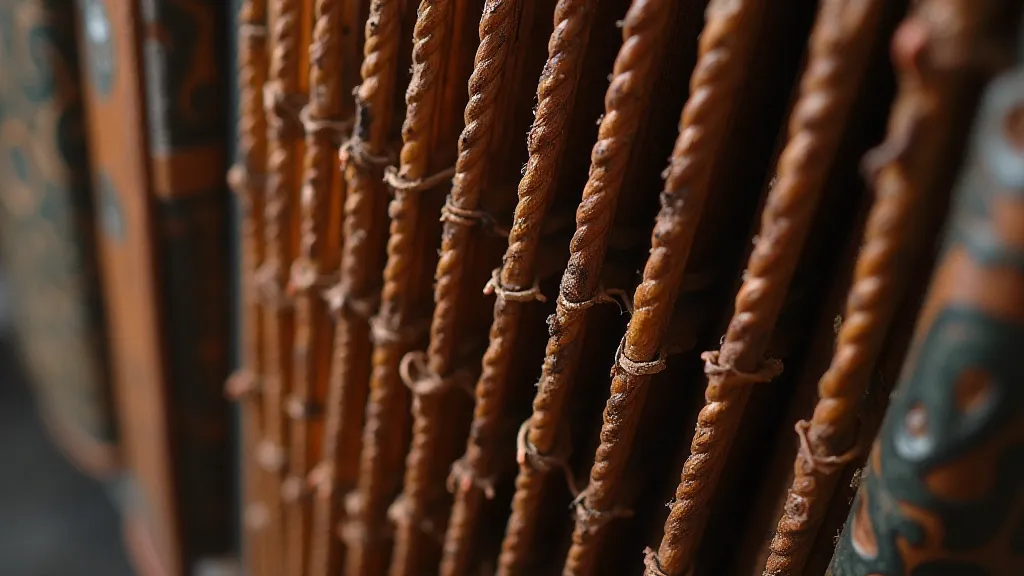The Alchemy of Accent: How Perceptions of Dialect Shape Social Judgments
Think of an antique accordion. Not just any accordion, but one passed down through generations, its bellows worn smooth by countless breaths, its keys subtly discolored from years of use. It’s more than just an instrument; it’s a vessel of stories, a tangible link to a past where community and shared experience vibrated with a distinct rhythm. Just like that accordion embodies a specific heritage, so too does a regional dialect. It's a tapestry woven from history, geography, and the collective experiences of a group of people.
We often think of language as a standardized tool for communication, a neutral system of rules and vocabulary. But the reality is far more complex. Accents and dialects aren's merely different *ways* of speaking; they're potent markers of identity, imbued with social connotations that profoundly influence how we perceive one another. The alchemy of accent, as I like to call it, transforms simple words into judgments, assumptions, and, sometimes, unfortunately, prejudice.

The Roots of Dialect: More Than Just Geography
Dialects aren't random; they evolve organically, shaped by a constellation of factors. Geography is an obvious starting point. Mountain ranges, rivers, and vast distances historically limited contact between communities, allowing distinct linguistic features to flourish in isolation. Consider the Appalachian dialects of the American South, retaining vocabulary and grammar reminiscent of 18th-century English due to the region's relative isolation. These aren’t “incorrect” ways of speaking; they’re living echoes of a different era.
However, the story isn't solely geographical. Migration patterns are equally important. Waves of immigrants bringing their own linguistic traditions have often blended with existing dialects, creating unique and hybrid forms of speech. The dialects of the American Midwest, for example, show the influence of various European languages and the westward expansion of the nation. Even seemingly minor details—a particular pronunciation, a favored phrase—can trace their lineage back to a specific group of settlers.
My grandfather, a carpenter from rural Iowa, used phrases I couldn’t comprehend growing up in a city. He’s long gone, but I can still hear his voice, rich with a dialect deeply tied to the land and the generations who farmed it before him. It wasn’t something he consciously cultivated; it was simply the way he spoke, the language of his community, a living testament to his heritage. And understanding that dialect, appreciating its nuances, felt like a way to connect with him, to understand a part of myself I wouldn’t otherwise know.
The Social Weight of Accent: Prejudice and Perception
Sadly, the social consequences of dialect aren't always positive. While dialect can be a source of pride and cultural identity, it’s also often the target of prejudice and discrimination. Accents associated with lower socioeconomic status or rural areas are frequently stigmatized, leading to negative judgments about intelligence, competence, and trustworthiness.
Think about the stereotypes often associated with certain regional accents – the "slow" drawl, the "uneducated" speech. These are harmful and inaccurate generalizations, fueled by societal biases and a lack of understanding. We are quick to judge, often subconsciously, based on how someone sounds, forgetting that language is a dynamic and complex system.
I remember a colleague, a brilliant software engineer with a strong Southern accent. He faced constant subtle discouragement – interruptions during presentations, dismissal of his ideas. It was heartbreaking to witness, a clear example of how accent can act as a barrier to opportunity, regardless of skill or talent. The prejudice wasn't overt, but it was pervasive, a constant reminder that his voice didn’t fit the perceived ideal.
The rise of standardized language, driven by mass media and education systems, has further amplified this phenomenon. While standardization can promote clarity and efficiency in certain contexts, it also carries the risk of marginalizing dialects and undermining the linguistic diversity that enriches our world.
Linguistic Craftsmanship: An Appreciation for the Details
Just as a skilled craftsman pours meticulous attention into creating an accordion—selecting the wood, shaping the keys, tuning the reeds—dialect emerges from a similar process of intricate linguistic craftsmanship. Every feature, from vowel sounds to grammatical structures, is the result of countless interactions and adaptations over time.

Restoring an antique accordion is more than just repairing a broken instrument; it’s about preserving a piece of history, honoring the skill of the original maker, and understanding the cultural significance it holds. Similarly, appreciating a dialect requires a willingness to listen, to understand the historical context, and to recognize the beauty and complexity of linguistic variation.
Consider the “pinched” vowels common in certain Northern dialects. Or the distinctive vocabulary of coastal communities, shaped by their reliance on the sea. These aren’t errors or deficiencies; they's evidence of linguistic innovation and adaptation, reflecting the unique experiences of specific communities.
Beyond Judgment: Celebrating Linguistic Diversity
The alchemy of accent is a powerful force, capable of shaping perceptions and influencing outcomes. However, it’s a force we can control. We can choose to challenge our biases, to celebrate linguistic diversity, and to recognize the inherent value of every dialect.
It’s about actively listening, not just hearing. It's about understanding that a different accent doesn't equate to lower intelligence or reduced competence. It's about appreciating the richness and complexity that linguistic variation brings to our world. It's about recognizing that language is a living, breathing entity, constantly evolving and adapting.
Let's strive to be more like those who lovingly restore antique accordions – careful, patient, and appreciative of the artistry and history embedded within. Let’s embrace the alchemy of accent, not as a tool for judgment, but as a window into the diverse and vibrant tapestry of human experience.






